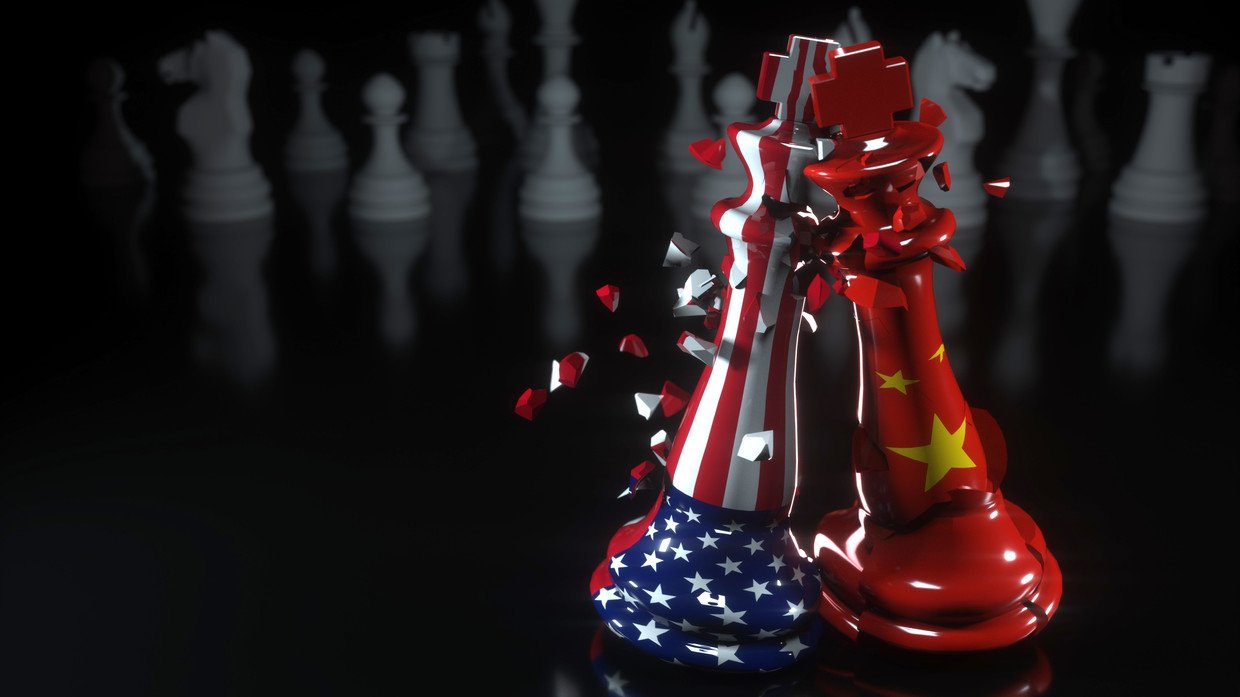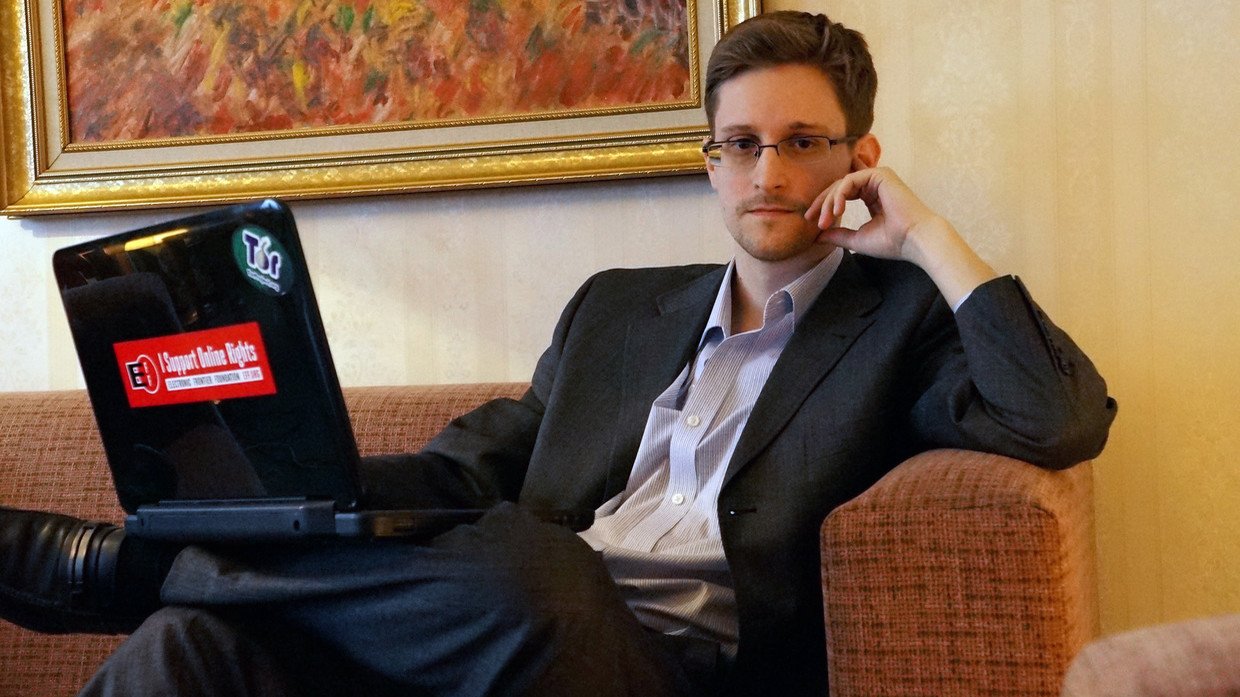The White House sanctioned 24 Chinese officials just a day before US Secretary of State Antony Blinken’s meeting in Alaska with top Chinese diplomats.
The restrictions have emerged as an expansion of sanctions imposed by the previous US administration.They come under the Hong Kong Autonomy Act (HKAA), passed by the US last year in response to a Chinese security law banning Hong Kong from secession, subversion and from collusion with foreign forces.
RT’s Boom Bust talked to Richard D. Wolff, Professor Emeritus of Economics at the University of Massachusetts, to explore what kind of impact the move will have on talks between the world’s two biggest economies.
“Obviously, they’ll make them more acrimonious, more difficult, and more likely to fail,” Professor Wolff said, stressing that moves of this kind are very provocative.
“The Biden administration has followed Mr Trump in not raising the minimum wage, now it’s following Mr Trump in sanctioning [China]. As an American, I’m embarrassed by all of this,” the economist said.
For more stories on economy & finance visit RT's business section



